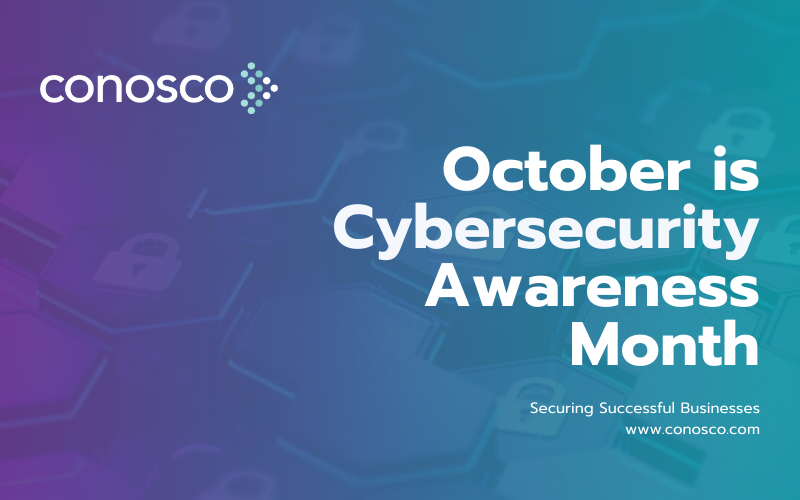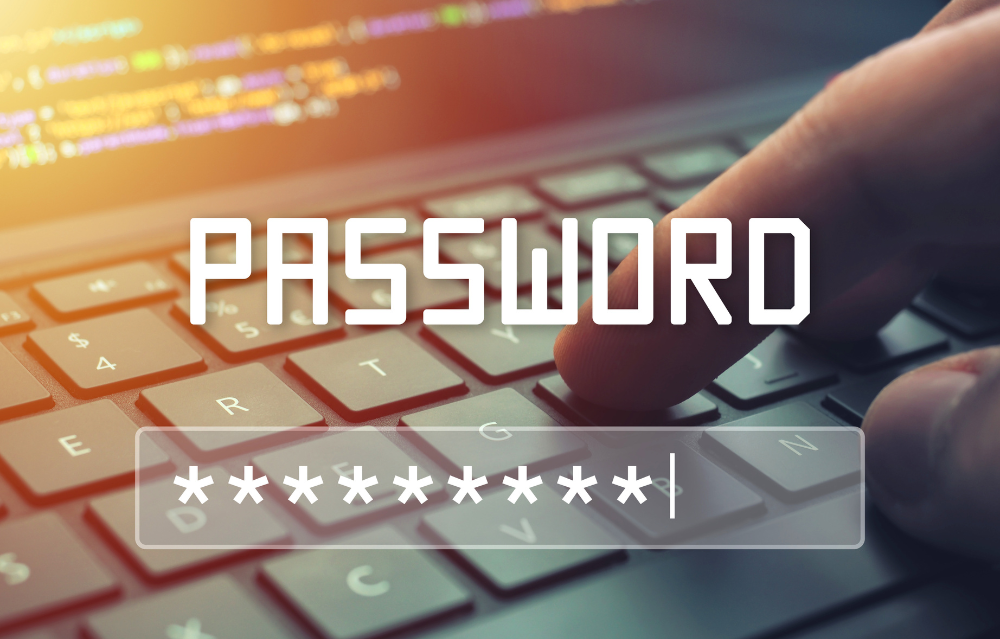The transition to ISO/IEC 27001:2022: an update for UK businesses
by Emma Samuel on Dec 10, 2024

Standards that ensure the protection of sensitive information are crucial. One such standard, ISO/IEC 27001, has recently undergone a significant transformation, now known as ISO/IEC 27001:2022. This blog aims to explain the new standard, its importance, and the steps businesses in the UK need to take for a smooth transition.
What is ISO/IEC 27001?
ISO/IEC 27001 is a globally recognised standard for information security management systems (ISMS). It provides a structured framework for managing sensitive information, helping organisations to keep their data secure. Originally rooted in British Standard 7799, published in 1995, the standard has evolved over the years to reflect the growing complexity of cybersecurity threats and the necessity for robust management frameworks.
The recent iteration, ISO/IEC 27001:2022, incorporates updated controls and requirements to enhance information security, privacy protection, and cyber resilience.
Why is ISO/IEC 27001 Important?
The importance of ISO/IEC 27001 cannot be overstated. As cyber threats evolve in sophistication and frequency, organisations must implement comprehensive security measures to safeguard their intellectual property and customer data. Certification demonstrates a commitment to information security, providing assurance to clients and partners that an organisation prioritises the protection of sensitive information.
With the rapid advancement of technology, particularly in cloud operations and connectivity, the potential risks have also increased. According to recent reports, cybercriminals are leveraging increasingly innovative strategies, making compliance with recognised standards imperative.
ISO/IEC 27001 vs. Cyber Essentials and Other Frameworks
While Cyber Essentials is a valuable starting point for enhancing cybersecurity, it primarily focuses on basic security measures. In contrast, ISO/IEC 27001 offers a more comprehensive approach.
- Cyber Essentials centres on five key controls, aimed at establishing basic cyber hygiene, suitable for small businesses looking to address fundamental vulnerabilities.
- ISO/IEC 27001 provides a detailed framework for implementing, maintaining, and continually improving an ISMS. It addresses a broader range of risks and allows organisations to tailor their security measures to specific needs.
While Cyber Essentials is beneficial for addressing immediate threats, ISO/IEC 27001 helps organisations develop a culture of security and integrate it into their operations, making it suitable for businesses of all sizes.
How ISO/IEC 27001 Has Evolved
The standard has seen several important changes over its history:
- 1995: BS 7799 was published, focusing on information security management best practices.
- 2000: BS 7799 became ISO/IEC 17799, the first international code of practice.
- 2005: The introduction of ISO/IEC 27001:2005 laid the foundation for managing information security.
- 2013: ISO/IEC 27001:2013 consolidated previous versions into a globally recognised standard.
- 2022: The latest version, ISO/IEC 27001:2022, aligns with new controls in ISO/IEC 27002:2022 and addresses modern cyber threats.
Important Dates
- October 25, 2022: ISO/IEC 27001:2022 was officially published.
- April 30, 2024: No new certifications will be issued to ISO/IEC 27001:2013 after this date.
- October 31, 2025: All ISO/IEC 27001:2013 certifications will expire, marking the end of the transition period.
Actions for Businesses:
- Review your current ISMS against the updated requirements of ISO/IEC 27001:2022.
- Conduct a gap analysis to identify areas needing improvement.
- Update internal policies and documentation to reflect the new subclauses and requirements.
- Engage in continuous training for staff to foster a culture of security.
- Consult with a trusted partner or certification body for guidance on the transition process.
Summary of Changes in ISO/IEC 27001:2022
The key changes and updates in the new ISO/IEC 27001:2022 standard include:
- Alignment with ISO/IEC 27002:2022: The standard now references the revised controls in ISO/IEC 27002, which reduced the number of information security controls from 114 in 14 clauses to 93 in 4 clauses.
- New and Updated Controls: 11 new controls have been added, and 24 controls have been merged or updated to reflect current security threats and practices.
- Revised High-Level Structure: The new version adopts a high-level structure for management system standards, making it easier to integrate with other ISO standards.
- Enhanced Requirements: New clauses have been introduced, focusing on the context of the organisation, leadership responsibilities, and the need for continuous improvement.
Benefits of ISO/IEC 27001 for UK Businesses
Implementing ISO/IEC 27001:2022 can yield several key benefits for UK businesses:
- Enhanced Credibility: Certification boosts your organisation’s reputation, demonstrating a commitment to data security.
- Reduced Risk: A well-implemented ISMS significantly decreases the risk of data breaches and information loss.
- New Business Opportunities: Many clients now require ISO certification as part of their vendor assessment process, opening doors to new contracts.
- Cultural Transformation: Embedding information security into your business processes fosters a culture of awareness and responsibility among employees.
- Improved Business Resilience: A robust ISMS helps ensure business continuity, even in the face of cyber incidents.
Conclusion
Transitioning to ISO/IEC 27001:2022 is not merely a regulatory requirement but a strategic imperative for UK businesses. By understanding the evolution of the standard, the actions needed for compliance, and the benefits it brings, organisations can fortify their defences against evolving cyber threats. For those feeling overwhelmed by the transition, seeking guidance from experienced professionals can help simplify the process and ensure a successful certification journey, and we are standing by to give you a helping hand.
We are here to support your journey toward ISO/IEC 27001 compliance, offering expertise and tailored solutions to meet your business needs. Reach out to us today to learn how we can help safeguard your information, enhance your security posture, and enable your compliance.
You might be interested in our portfolio of solutions
You May Also Like
These Related Stories

October Cybersecurity Awareness: Protecting your business from the inside out
Cybersecurity is a central component of every business’s strategy. From securing internal networks to managing third-par …

The Password Paradox: Navigating the Identity Crisis in Cybersecurity
What makes a perfect password? A unique set of characters, and only used only once? Does it have 36 characters? How abou …

October Cybersecurity Awareness: Stay ahead of cybercrime
With October’s cybersecurity awareness month helping us focus, we’ve been thinking about how to stay ahead, efficiently. …

